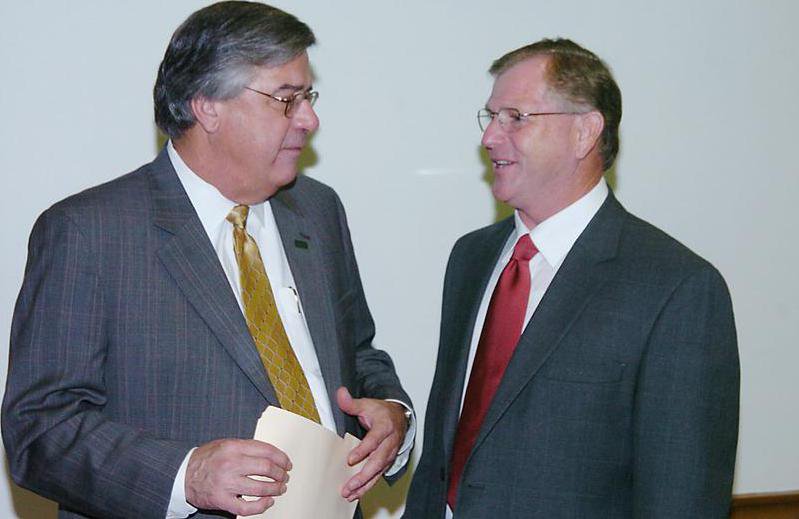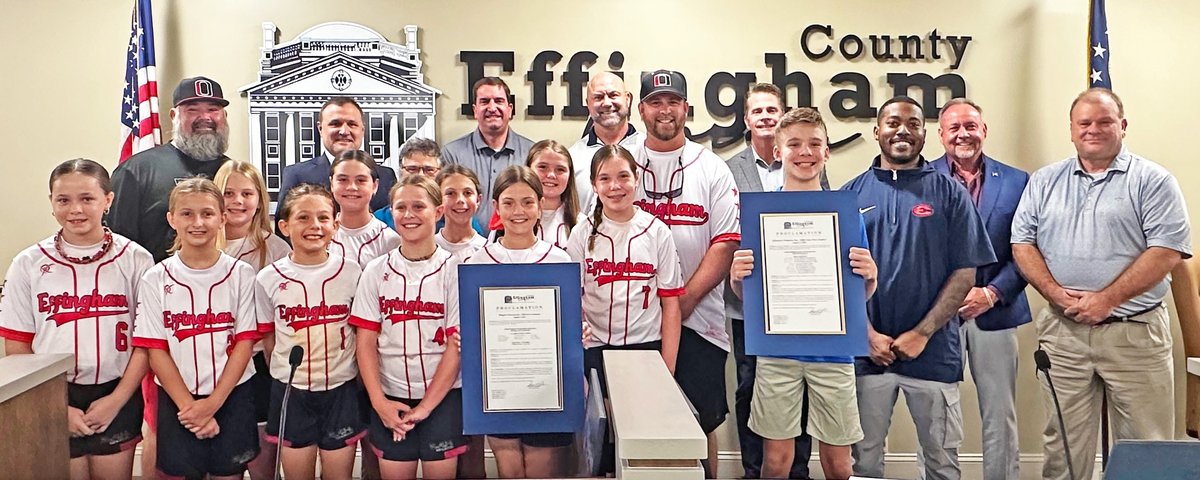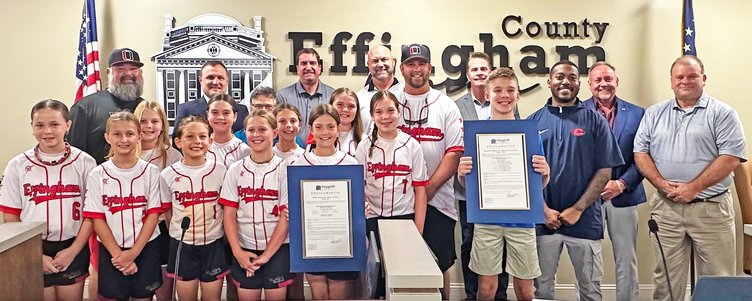The Georgia Chamber of Commerce is taking an interest in Speaker of the House Glenn Richardson’s proposal to abolish property taxes in the state but isn’t taking a stance, according to the state organization’s president.
George Israel, president and chief executive officer of the Georgia Chamber, told members of the Effingham Chamber on Wednesday morning that the membership is split on support for the measure, which would impose new and higher sales taxes in lieu of property taxes. Some business, such as service providers, who previously have not been taxed would have a surcharge placed on the final cost. Others, that have either large property holdings or large vehicle fleets, would be out from under property taxes.
The Speaker introduced House Resolution 900 on the last day of the 2007 General Assembly session, and the plan has been a hot topic across the state over the summer. But many details — specifically how tax money would be redistributed to local governments — have not been revealed.
“His heart is in the right place, and his intentions are good,” Israel said of Richardson. “We do expect an amended version to be released soon.”
The Chamber pays for a study of taxes in the state every two years, and in 2005, businesses paid more than 40 percent of all state and local taxes, according to Israel.
“Part of that has happened inadvertently,” he said.
Some of it is a result of local governments easing the burdens on senior citizens for local school taxes. But the difference is being made up elsewhere.
“What you do is you take a big chunk off your digest,” Israel said. “There ain’t no exemptions for businesses.”
Aside from taxes, water remains another of the Chamber members’ concerns. The state water plan is being formulated and will be put before the General Assembly in the 2008 session. Should the state lawmakers reject the plan and fail to come up with their own, it will be made law anyway.
“There’s no way out of this bill,” said Israel, a former two-time mayor of Macon.
The state Chamber is working with Environmental Protection Division director Dr. Carol Couch and her staff on the need for a statewide water strategy, something Israel has been advocating for two decades.
“We’ve got to have a plan, folks,” he said. “You can look at Lakes Lanier and Allatoona and the rivers and see we’ve got to do something now. We have to scientifically approach a well-reasoned plan.”
Lanier and Allatoona provide much of metro Atlanta with its freshwater supply. The Georgia Chamber has hired Doug Miell of Australia as its expert in water management.
“If they can take this problem and come to grips with it in Australia,” Israel said, “ we can, too.”
Israel said Miell will assist in forming a water council and “get everybody to the table.”
He also expressed the need for a statewide transportation plan and noted the port of Savannah handled more than 8 million metric tons last year.
“In seven years, that number will triple,” Israel said. “That means the number of trucks out of there will triple.”
The Chamber is trying to build a grassroots coalition for a statewide transportation plan and Israel wants to build a database of 50,000 names to contact on such issues, people who can then let their lawmakers know what they think.
“What I found is that the representatives and senators want to hear from their constituents,” he said. “We found that for many people, the Georgia Chamber is their only link they have to what’s happening in the session.”
It was a groundswell three years in the making that led the Chamber to back the effort for tort reform, which limits the damages paid out in medical malpractice suits. The rapidly rising rates for medical malpractice insurance led some carriers to no longer insure pediatric neurosurgeons and the number of those specialists in Georgia dropped from 17 to three.
“Our leadership said, ‘we’re fixing to face a crisis,’” Israel said.
He said Gov. Sonny Perdue is a principled man and also pro-business, as is the legislature, which has been regardless of the majority party. Last session marked the second in a row where any bill the Chamber opposed did not pass.
“We feel like they really, really listen to us,” Israel said.
Israel also said that the state needs to continue a path to prosperity to provide jobs for current and future Georgians.
“I don’t think any of us are going to say, ‘We’ve grown too fast. Let’s shut it down,’” he said. “We’ve got to continue to grow.”
Israel also tipped his cap to Effingham’s Chamber and the community for partnering with the school system.
“I do appreciate what ya’ll have done in the area of education,” he said. “You proved that education and economic development go hand in hand.”








